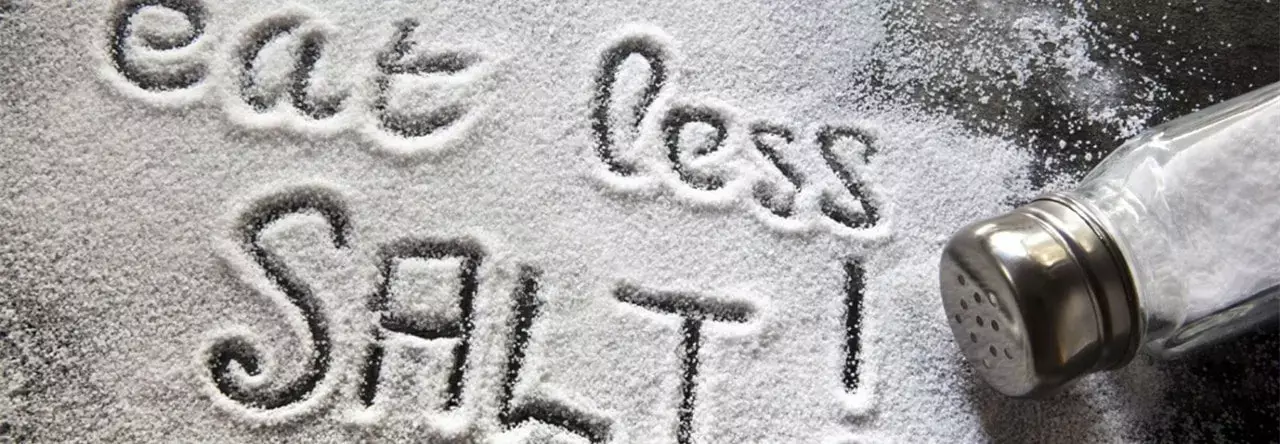- Home
- Medical news & Guidelines
- Anesthesiology
- Cardiology and CTVS
- Critical Care
- Dentistry
- Dermatology
- Diabetes and Endocrinology
- ENT
- Gastroenterology
- Medicine
- Nephrology
- Neurology
- Obstretics-Gynaecology
- Oncology
- Ophthalmology
- Orthopaedics
- Pediatrics-Neonatology
- Psychiatry
- Pulmonology
- Radiology
- Surgery
- Urology
- Laboratory Medicine
- Diet
- Nursing
- Paramedical
- Physiotherapy
- Health news
- Fact Check
- Bone Health Fact Check
- Brain Health Fact Check
- Cancer Related Fact Check
- Child Care Fact Check
- Dental and oral health fact check
- Diabetes and metabolic health fact check
- Diet and Nutrition Fact Check
- Eye and ENT Care Fact Check
- Fitness fact check
- Gut health fact check
- Heart health fact check
- Kidney health fact check
- Medical education fact check
- Men's health fact check
- Respiratory fact check
- Skin and hair care fact check
- Vaccine and Immunization fact check
- Women's health fact check
- AYUSH
- State News
- Andaman and Nicobar Islands
- Andhra Pradesh
- Arunachal Pradesh
- Assam
- Bihar
- Chandigarh
- Chattisgarh
- Dadra and Nagar Haveli
- Daman and Diu
- Delhi
- Goa
- Gujarat
- Haryana
- Himachal Pradesh
- Jammu & Kashmir
- Jharkhand
- Karnataka
- Kerala
- Ladakh
- Lakshadweep
- Madhya Pradesh
- Maharashtra
- Manipur
- Meghalaya
- Mizoram
- Nagaland
- Odisha
- Puducherry
- Punjab
- Rajasthan
- Sikkim
- Tamil Nadu
- Telangana
- Tripura
- Uttar Pradesh
- Uttrakhand
- West Bengal
- Medical Education
- Industry
Salt restriction may help ease excessive urination at night, claims Study

Nocturia is a highly prevalent lower urinary tract symptom (LUTS) that equally affects both men and women of all ages, with higher rates in older populations. A recent study recommends the high salt intakers with nocturia, to reduce the salt intake which inturns effectively reduces the night voiding frequency. The study findings were published in the journal Neurology and Urodynamics on February 01, 2021.
Although very common, nocturia remains an underreported, under-treated and poorly managed medical and social problem in adults. It is essential that physicians and other healthcare professionals understand the aetiology, burden and the most effective methods for diagnosing, assessing and treating nocturia. However, the effect of salt intake on nocturia is understudied. To fill the knowledge gap, researchers of the Nagasaki University Graduate School of Biomedical Sciences, Nagasaki, Japan, conducted a study, to assess the efficacy of salt reduction for improving nocturia in patients with high salt intake.
It was a prospective study on 321 patients with nocturia and excessive salt intake (8 grams per day for men and 7 grams or more per day for women). The investigators instructed patients on salt intake restriction. Patients were instructed to use a brochure for salt intake restriction via interview once every four weeks. They estimated the daily salt intake using spot urine specimens.
Key findings of the study were:
• Among 321 patients, the researchers noted that 223 (69.5%) successfully decreased their daily salt intake (S group) and 98 (30.5%) did not (F group).
• In the S group, they observed that the nocturia improved from 2.3 ± 0.9 to 1.4 ± 1.0, and nocturnal polyuria index (NPi) improved from 30.2 ± 7.5 to 27.7 ± 7.3%.
• In the Core Lower Urinary Tract Symptom Score (CLSS) of the S group, they noted improvement in Q3 (urgency) from 1.0 ± 1.0 to 0.9 ± 1.0 (P = 0.001); the also noted an improvement in Q1 (diurnal frequency) and Q2 (nocturia).
• Moreover, they reported significant improvement in the quality of life.
• They also noted that patients in the F group did not have improvements in any symptom, during the study period.
The authors concluded, "Patients with nocturia who also have high salt intake should be advised to reduce their salt intake, as a lifestyle modification. Our results support the importance of randomized clinical trials with larger populations and the appropriate inclusion/exclusion criteria to conclude the clinical usefulness of salt reduction in this patient cohort."
For further information:
Dr Kartikeya Kohli is an Internal Medicine Consultant at Sitaram Bhartia Hospital in Delhi with super speciality training in Nephrology. He has worked with various eminent hospitals like Indraprastha Apollo Hospital, Sir Gangaram Hospital. He holds an MBBS from Kasturba Medical College Manipal, DNB Internal Medicine, Post Graduate Diploma in Clinical Research and Business Development, Fellow DNB Nephrology, MRCP and ECFMG Certification. He has been closely associated with India Medical Association South Delhi Branch and Delhi Medical Association and has been organising continuing medical education programs on their behalf from time to time. Further he has been contributing medical articles for their newsletters as well. He is also associated with electronic media and TV for conduction and presentation of health programs. He has been associated with Medical Dialogues for last 3 years and contributing articles on regular basis.
Dr Kamal Kant Kohli-MBBS, DTCD- a chest specialist with more than 30 years of practice and a flair for writing clinical articles, Dr Kamal Kant Kohli joined Medical Dialogues as a Chief Editor of Medical News. Besides writing articles, as an editor, he proofreads and verifies all the medical content published on Medical Dialogues including those coming from journals, studies,medical conferences,guidelines etc. Email: drkohli@medicaldialogues.in. Contact no. 011-43720751


